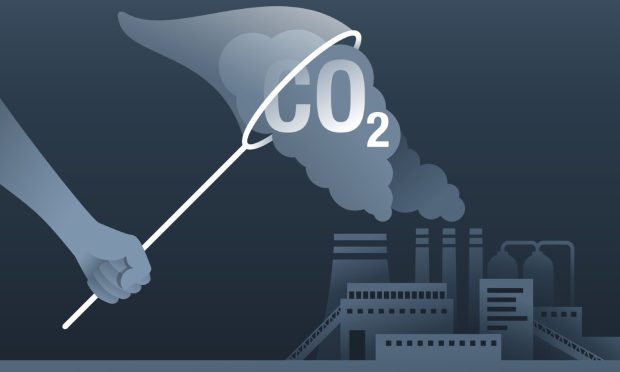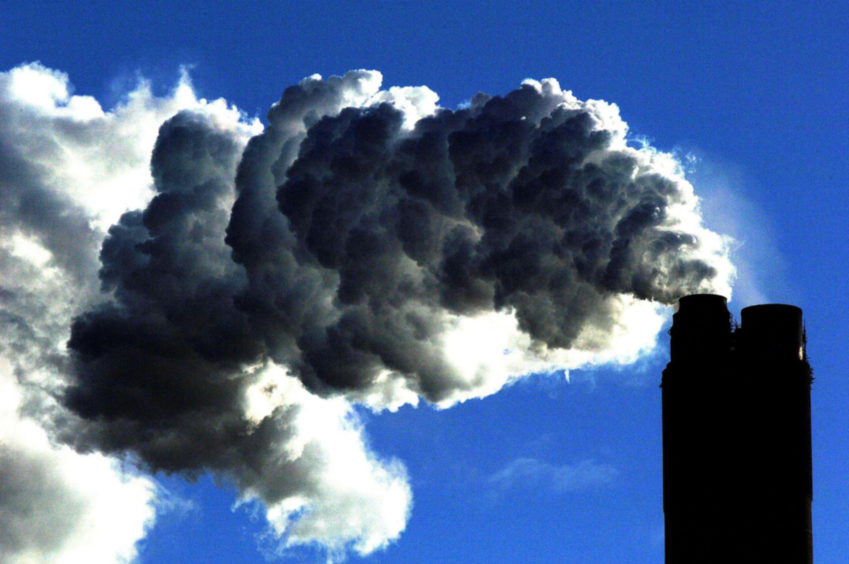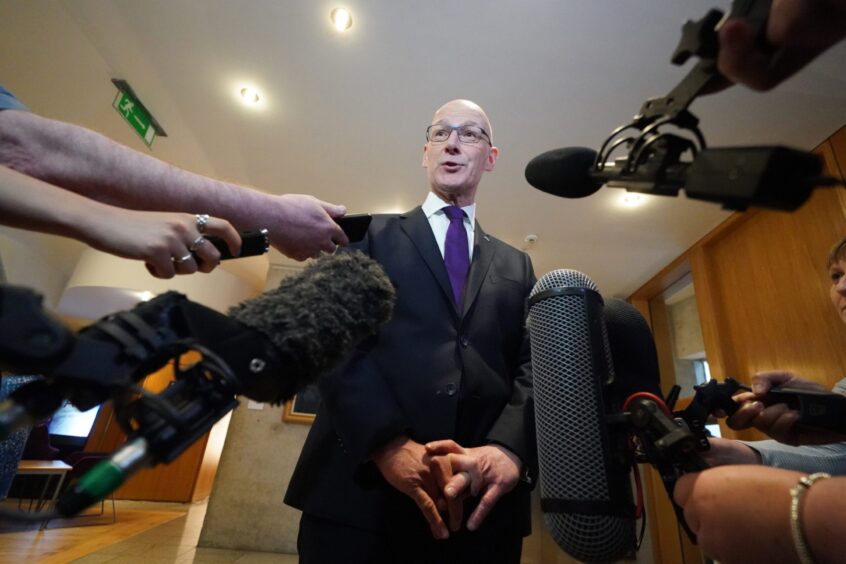
Scotland’s flagship Acorn Project could become a “money pit” propped up by heavy subsidies from taxpayers, campaigners have warned, following a damning new report on the state of Europe’s planned carbon capture and storage works.
The controversial technology transports harmful greenhouse gas emissions and then stores them underground for years.
The Acorn Project, which is based at St Fergus in Aberdeenshire, has been hailed by First Minister John Swinney as a “really significant opportunity” that could bring a major jobs boost to Scotland.
During a face-to-face meeting this week, Swinney pushed Prime Minister Keir Starmer to speed up the decision to allocate the necessary publish cash to get the project moving.
Speaking after the discussion, the SNP leader said urgent progress and swift decision making on the Acorn Project is “critical”.
However, new research from the Institute for Energy Economics and Financial Analysis (IEEFA) found most of Europe’s planned carbon capture and storage projects are too expensive to work on a commercial basis.
It found these projects are “nowhere near ready” to deliver, with over 90% of the EU’s 200 carbon capture and storage schemes only at the prototype or demonstration phase.
The report says the costs of carbon capture are “prohibitive”, with Europe’s current project pipeline costs spiralling to as much as €520 billion and likely to require €140 billion of taxpayer subsidy.
More practical solutions needed
Andrew Reid, an IEEFA energy finance analyst who authored the report, said: “Relying on CCS as a climate solution will force European governments to introduce eye-wateringly high subsidies to prop up a technology that has a history of failure.
“As the small number of operational projects show, CCS is not likely to work as hoped and will take longer to implement than expected.
“Doubling down on unrealistic targets risks leaving it too late to reduce emissions through alternative measures when it is realised that CCS’s contribution to net zero will likely fail.
“Policymakers should begin working urgently to put more practical solutions in place.”
The warning comes after the UK Government’s pledged £22 billion to two carbon capture projects in the north of England.
The Scottish Government has also promised £80 million to the Acorn Project.
But climate campaigners are furious after MSPs voted this week to water down Scotland’s climate targets after ministers announced they had abandoned a goal of reducing emissions by 75% by 2030.

Previously the Scottish Government had to revise down its estimates that carbon capture would deliver around 20% of efforts to meet the 2030 target.
Friends of the Earth Scotland’s climate campaigner Alex Lee said: “This research makes clear that CCS is a money pit that will lead us to climate disaster, enormous public subsidy and extend our reliance on expensive and volatile fossil fuels.
“The Scottish Government are operating under the mistaken assumption that CCS is a necessity only because it has continually failed to deliver action to phase out fossil fuels and is instead hoping this dodgy technology will mop up their mess.
“Despite 50 years of failure, politicians seem desperate to hand over ever greater sums of public money whilst somehow expecting a different outcome.”
What does the government say?
The Acorn Project would help remove CO2 using pipelines connecting Grangemouth with the north-east and the North Sea basin.
But there is growing anxiety in the region at the time being taken to award cash.
The project was given reserve status after being passed over for funding in 2021 by the previous Tory government in favour of the two schemes in England.
Acting Energy Secretary Gillian Martin said: “Carbon capture, utilisation and storage has been described by the Climate Change Committee as a ‘necessity, not an option’ in order for Scotland to meet its climate targets, and will play a central role in the decarbonisation strategies of key sectors such as heat, industry and power.
“Scotland needs CCS deployed at pace and scale and I urge the UK Government to swiftly confirm the timeline and funding to award the Acorn Project and the rest of the Scottish Cluster.”

Enjoy the convenience of having The Sunday Post delivered as a digital ePaper straight to your smartphone, tablet or computer.
Subscribe for only £5.49 a month and enjoy all the benefits of the printed paper as a digital replica.
Subscribe © Andrew Milligan/PA Wire
© Andrew Milligan/PA Wire